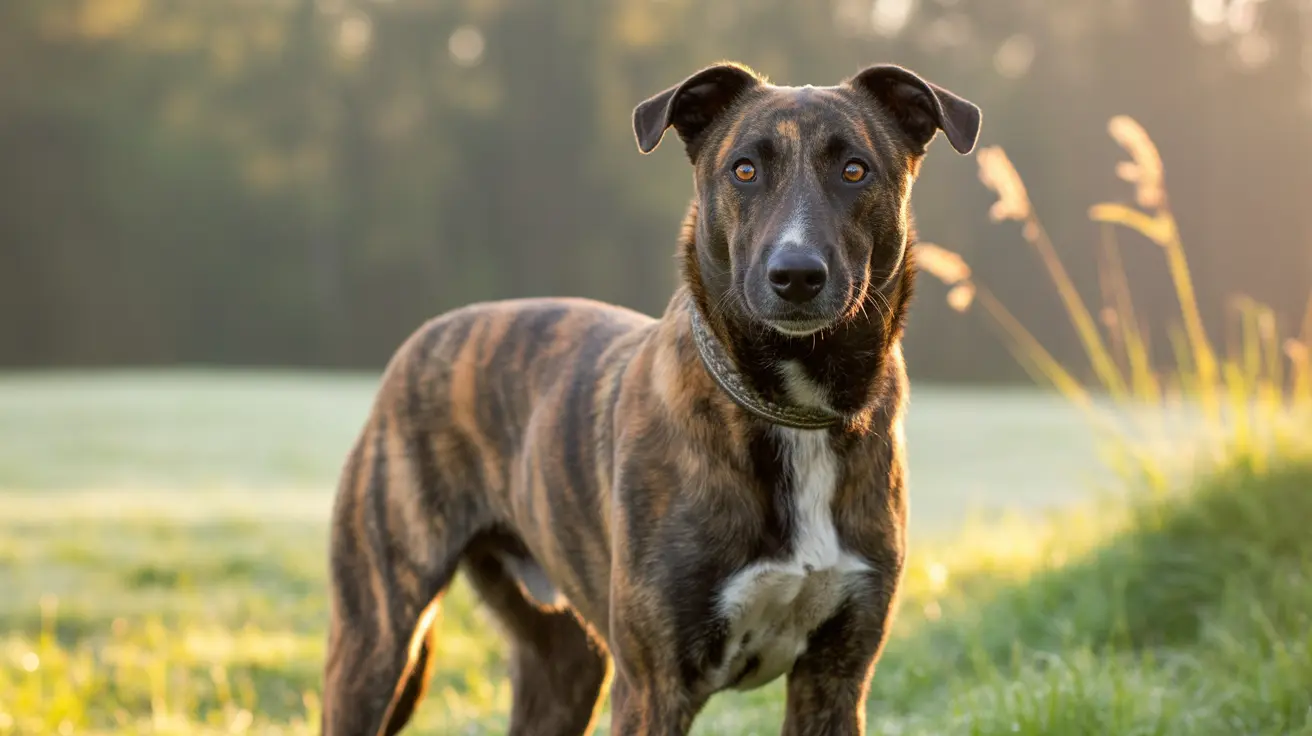The Largest Domesticated Cats You Can Legally Own in the US
When it comes to choosing a pet, cat lovers often look for unique traits—size being one of the most eye-catching. In the United States, all domesticated cat breeds that are widely available and bred for the home must fall within legal parameters set by local and federal laws, particularly regarding hybrid and exotic species. Here’s a comprehensive look at the largest cat breeds you can legally own in the US, based on their average size, temperament, and care needs.
1. Maine Coon – The Supreme Giant
The Maine Coon is widely regarded as the largest of all non-hybrid domestic cat breeds. Males typically weigh between 18 to 25 pounds, with some reaching lengths of over 3 feet. Their long, shaggy fur and bushy tails complement their impressive body size.
- Temperament: Friendly, sociable, and patient
- Care Needs: Large cat trees, spacious litter boxes, and regular grooming
- Health Concerns: Prone to joint issues; manage weight carefully
2. Savannah Cat – Tall and Hybrid
The Savannah cat is a hybrid obtained by crossing a domestic cat with an African Serval. Early generations, like F1 and F2, are significantly larger, sometimes reaching 25 pounds and standing over 17 inches at the shoulder.
- Temperament: Intelligent, energetic, and adventurous
- Legal Status: Varies by state due to hybrid heritage
- Care Needs: Secure environments and mental stimulation
3. Ragdoll – Gentle Giant
Ragdolls are muscular cats that weigh between 10 to 20 pounds. Known for going limp when picked up, Ragdolls are famously affectionate and laid-back.
- Temperament: Loving, calm, and social
- Health: Monitor weight to prevent obesity
- Development: May take up to 4 years to fully mature
4. Norwegian Forest Cat – Natural Climber
Originating from Scandinavia, the Norwegian Forest Cat weighs between 12 to 16 pounds. Equipped with a water-repellent double coat and athletic build, these cats enjoy climbing and playing.
- Care Tips: Provide vertical territory and grooming support
- Traits: Independent yet affectionate
5. RagaMuffin – Plush and Personable
Closely related to Ragdolls, RagaMuffins can weigh between 10 to 20 pounds. Their long, luxurious coats and expressive eyes make them irresistible companions.
- Personality: Adaptable, affectionate, and sociable
- Care: Balanced diet and interactive play
6. Siberian – Triple-Coated Athlete
The Siberian cat hails from Russia and weighs about 10 to 20 pounds. It features a triple-layered coat developed to handle severe winters and is one of the few breeds considered hypoallergenic.
- Traits: Intelligent, playful, and alert
- Maturity: Grows slowly; up to 5 years to full size
7. Bengal – Wild Looks, Domestic Heart
Bengal cats offer a wild aesthetic with spotted or marbled coats like leopards. Weighing between 10 to 18 pounds, they’re incredibly agile and energetic.
- Enrichment: Puzzle feeders, shelves, and attention
- Activity Level: Very high
8. American Bobtail – Muscular and Myserious
Recognized by their short tails and stocky build, American Bobtails weigh between 7 to 16 pounds.
- Temperament: Playful, loyal, and intelligent
- Concerns: May be prone to spine and hip problems
9. British Shorthair – Cloud-Like Calm
This breed is known for its fluffy appearance and reserved, calm demeanor. British Shorthairs usually weigh 7 to 17 pounds.
- Traits: Thickset, with a plush coat
- Care Tips: Stimulate exercise with toys
10. Other Large Breeds
- Turkish Van: 10–20 pounds, loves water and activity
- Chausie: Wild-looking, weighs up to 20 pounds
- Chartreux: Muscular and quiet, 7–17 pounds
- Highlander (unrecognized): Can weigh up to 24 pounds
- Non-pedigree cats: Domestic cats vary greatly in size
Final Considerations for Owning Large Cats
Large domestic cats require unique care considerations, including:
- Oversized litter boxes
- Strong, tall scratching posts and trees
- Portion-controlled, high-protein diets
- Routine veterinary care for joint and weight monitoring
By understanding the needs of these larger-than-life felines, you can create a loving, suitable environment where your big cat can thrive. Be sure to check with local laws regarding hybrid breeds like the Savannah, as regulations may vary by state.





